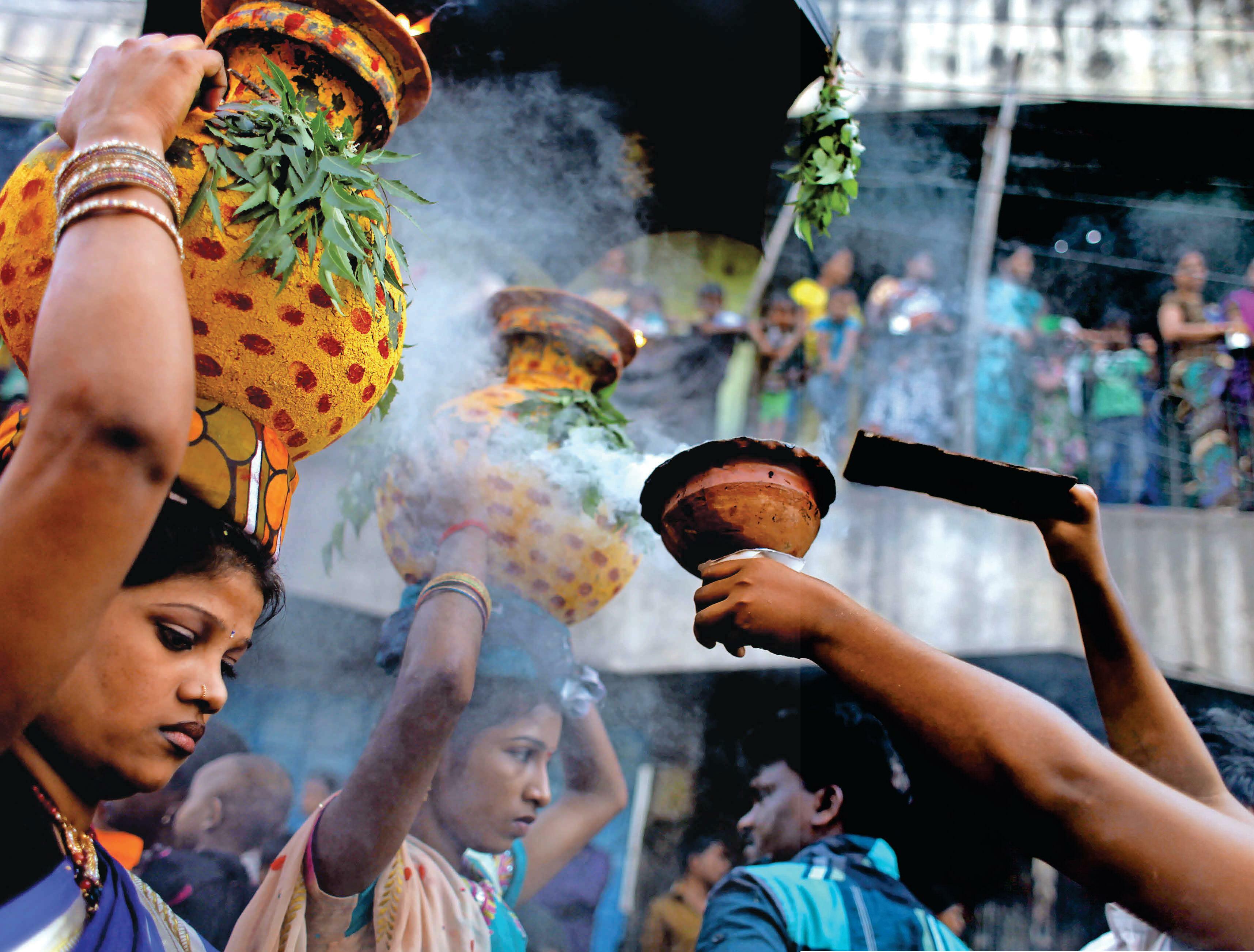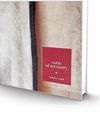
Every year, Dhaka resident Trinath Baurusetty retraces the steps his forefathers took nearly two centuries ago. The 27-yearold embarks on a journey to India from the Bangladesh capital. After crossing the international border into West Bengal, he takes a train from Kolkata to Visakhapatnam. His destination is Etikoppaka village, renowned globally for its traditional toys. The village holds a geographical indication (GI) tag for its handicrafts. For Baurusetty, the place connects him to his Telugu roots.
“From a very young age, I was curious about my identity. I asked myself many questions about who I was. This quest has led me to make regular trips to Andhra Pradesh,” said Baurusetty in fluent Telugu. According to the information he gathered, his great-grandparents or the generation before them had migrated from Etikoppaka to Dhaka during British rule. People from many dalit families on the Andhra coast were taken for manual labour in the 1850s and later employed in tea plantations or as cleaners and scavengers in the railways and the Dhaka municipality. Today, Baurusetty is part of the 30,000-odd Telugus in Bangladesh.
K. Suryanarayana, professor emeritus at Andhra University in Visakhapatnam, said the trend was the result of cheap labour exploited by the East India Company. “The tea, teak and coffee plantations required labour, and the East India Company used workers from the area stretching from Rajahmundry to Ichapuram. They migrated to countries like Myanmar, which were considered Suvarnabhumi. In fact, in the 18th and 19th centuries, those who migrated to work in those countries earned a lot and were treated as rich foreigners by the locals. But some of them had to return without making much money and had to be rehabilitated by the governments.”
This story is from the {{IssueName}} edition of {{MagazineName}}.
Start your 7-day Magzter GOLD free trial to access thousands of curated premium stories, and 9,000+ magazines and newspapers.
Already a subscriber ? Sign In
This story is from the {{IssueName}} edition of {{MagazineName}}.
Start your 7-day Magzter GOLD free trial to access thousands of curated premium stories, and 9,000+ magazines and newspapers.
Already a subscriber? Sign In

Use multi-asset investing to overcome portfolio volatility
EQUITY MARKETS have been choppy during this year. After rallying for the better part of the first nine months of 2024, equities corrected sharply in October and November, before taking off once again on rally mode in December.

Twist of faith
Upamanyu Chatterjee is back with his wry sense of humour in his new novel, and most of it is directed at religion and spirituality

THE GLORY OF SARI
Saris of Memory weaves together history and textiles, highlighting key moments from the author's collection

We win together
We invented chess, which was pretty cool of us. The original game 'chaturanga'that is four divisions (infantry, cavalry, elephantry and chariotry)-was a war strategy game. When the game travelled to the Middle East, they mangled the Sanskrit and it ended up being called 'shatranj' instead.

BEATS THAT HEAL
Music ignites the light within us, says Grammy-winner Chandrika Tandon

Older, smarter, sexier
Those who worship him regardless of where he works have continued to do so. Such is the power of Alessandro Michele, that after being the face of some mega brands for 10 years (namely Gucci and now Valentino), he remains bigger than the labels themselves. His debut collection for Valentino was presented at the recent Paris Haute Couture Week, and it has been adored by his adorers.

The road to peace
Future political dialogues should explore means of ensuring a more robust autonomy to tribal communities

Diary of a Sherpa
Amitabh Kant's new book is a comprehensive account of the G20 Summit held in Delhi in 2023

The annoying orange
Everything is great. All is sunshine. I am an eternal optimist.\" It's the fad of our TikTok times everything is not great, the sun sets daily, nothing is eternal. If anything, everything is ephemeral, night brings darkness, and optimism often crumbles under the weight of history. British philosopher Roger Scruton warned: \"Hope untempered by the evidence of history is a dangerous asset, one that threatens not only those who embrace it, but all those within range of their illusions.\"

NO SEAT, YET UPBEAT
The Congress is buoyed by its increased vote share in Delhi, and feels it can push the AAP into further decline